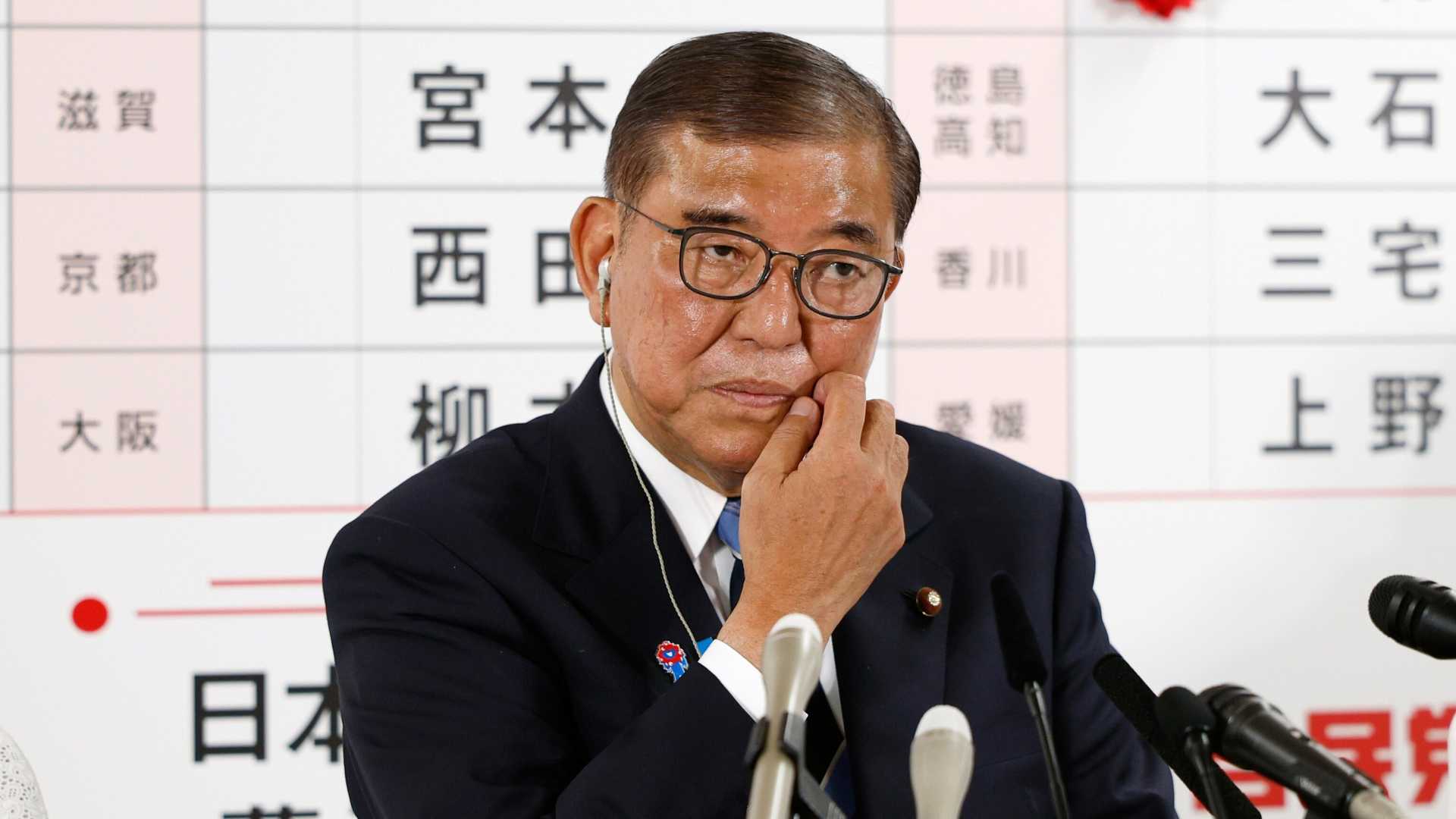News
Japan’s Prime Minister Ishiba Resigns Amid Political Turmoil and Economic Concerns

TOKYO, Japan — Japanese Prime Minister Shigeru Ishiba announced his resignation on Sunday, following a series of election losses that have raised concerns about the future of the country’s governance. Ishiba, 68, led a coalition that has lost its majorities in both houses of parliament, amid increasing public dissatisfaction over rising living costs.
At a press conference, Ishiba instructed his Liberal Democratic Party (LDP) to hold an emergency leadership race. He stated he would continue in his position until a successor is appointed. “With Japan having signed the trade agreement, we have passed a key hurdle,” he said emotionally. “I would like to pass the baton to the next generation.”
Ishiba’s resignation comes after months of political pressure, particularly following a disappointing upper house election result in July. Voter frustration primarily stems from rising prices, forcing Ishiba to confront calls for his departure.
His tenure has been marked by efforts to navigate a complex trade agreement with the United States, addressing tariffs that have impacted Japan’s vital automotive sector. As political uncertainties grow, investor confidence is waning, leading to a significant sell-off of the yen and government bonds.
Market speculation is rife regarding possible successors, with LDP figures like Sanae Takaichi and Shinjiro Koizumi emerging as leading candidates. Takaichi has been a vocal critic of the Bank of Japan’s interest rate policies and might advocate for looser fiscal measures.
Elections in July saw the far-right Sanseito party gain traction, reflecting a shift in Japan’s political landscape. Public opinion appears split, with nearly 55 percent of respondents in a recent Kyodo news poll indicating there’s no urgency for early elections.
Ishiba’s final action as premier will be the completion of the trade deal with the United States, which includes commitments for $550 billion in investments in exchange for lower tariffs from President Donald Trump. As he departs, Ishiba has expressed hopes for continued economic growth and stability.












